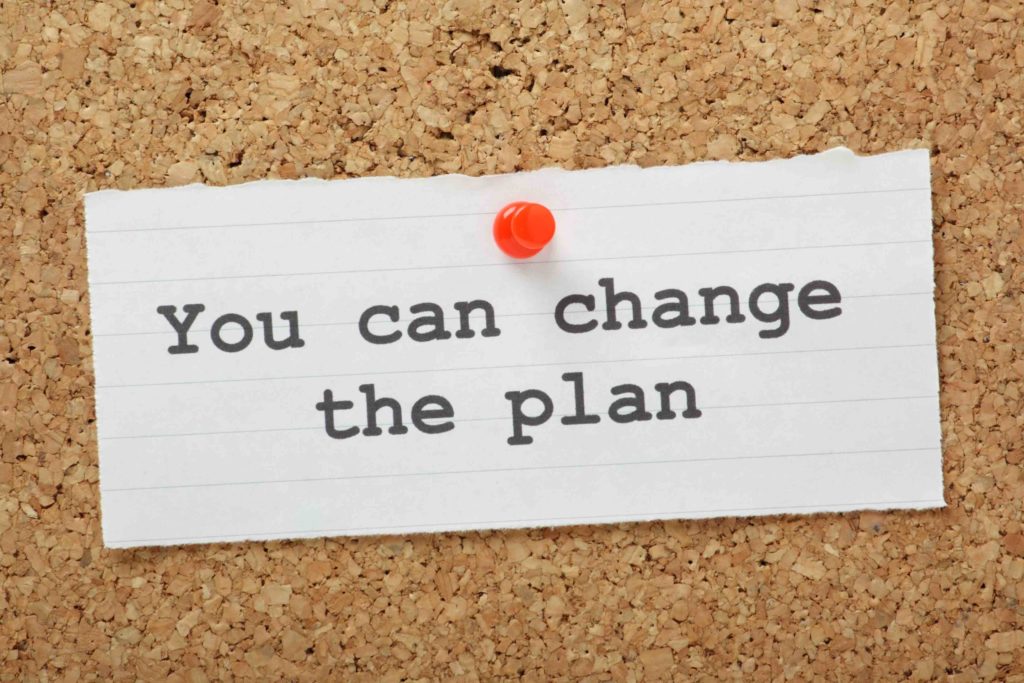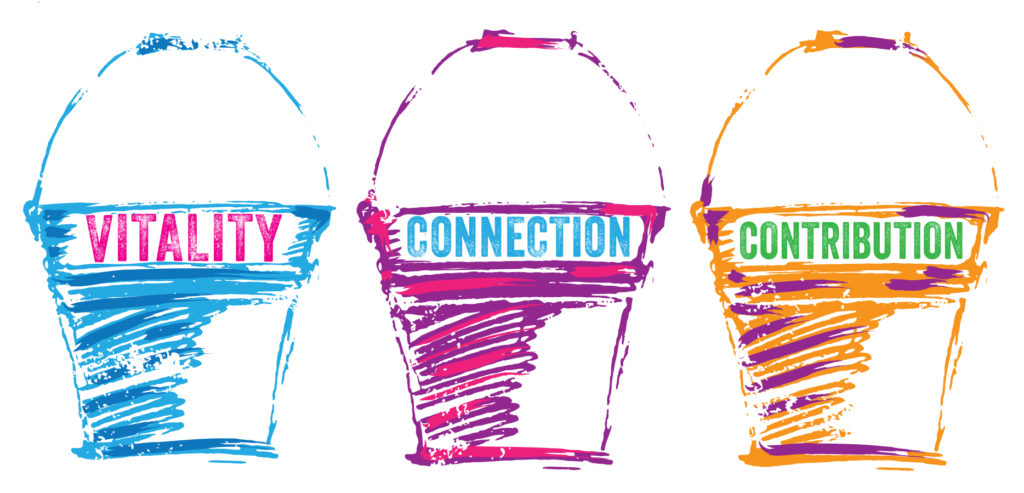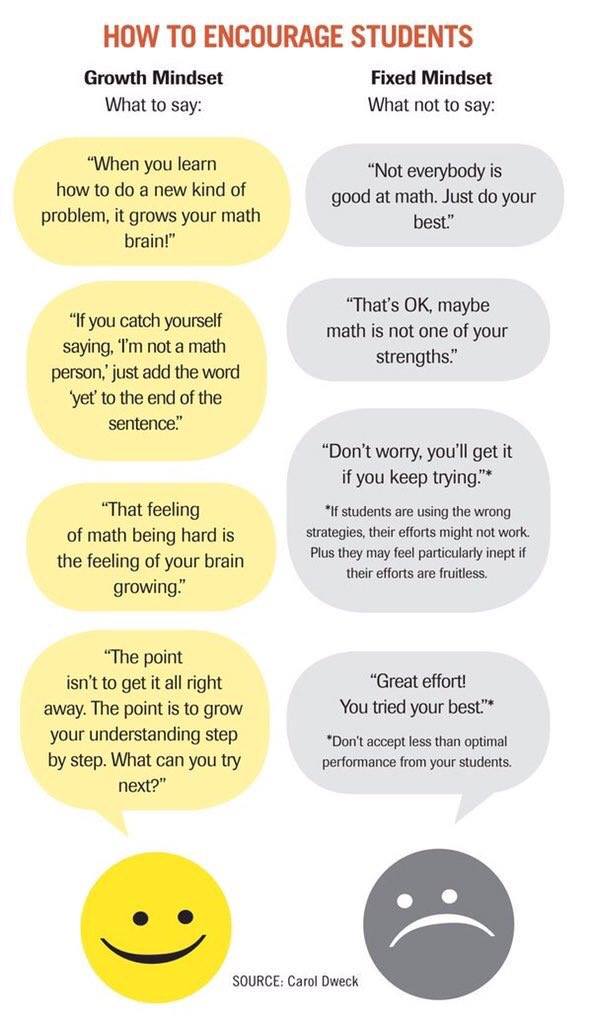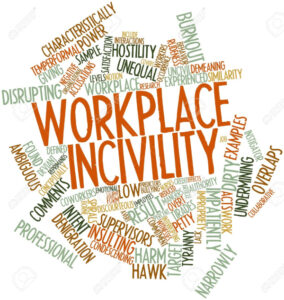On the blog
- By Tammy Tansley
- / April 10, 2017

Ultimately - it depends on what you are trying to achieve with the discipline system. If it's about getting rid of an employee, it's a long and painful way to achieve that. If it's about effecting change - it rarely works, at least in the long term.
- By Tammy Tansley
- / April 4, 2017

The first thing to say is that mankind has been behaving badly since time began. It’s now just more obvious because we’re exposed to other people’s stories through social and other sources of media. You know when you buy a yellow car, how suddenly all you’re seeing are yellow cars? We see what we focus on, so if you start looking for idiots, that’s what you’ll find.
- By Tammy Tansley
- / April 3, 2017

Research shows that making just one decision, reduces the glucose (or blood sugar) available in the brain to make the next decision. The brain doesn't differentiate between how important the decision is - just that you're depleting the supply of available energy. This means that by the time we have got to the point in our working day where we actually need to make an important decision, we've already used up some portion of our daily allocation.
- By Tammy Tansley
- / March 27, 2017

Of course, these are often the conversations that we put off because we think they will be difficult, awkward or uncomfortable. And so things don't get said when they need to be said. Feelings fester. Positions become entrenched. What was a smaller issue becomes bigger. What was fixable becomes less so.
- By Tammy Tansley
- / March 24, 2017

So, leaders and organisations everywhere will be pleased to know that there are tangible things you can do. The good news? They're relatively easy to implement and you probably know about most of them already.
- By Tammy Tansley
- / March 20, 2017
- By Tammy Tansley
- / March 9, 2017

Coaching is at its heart an inherently positive process - to build on strengths and move forward. The coach must believe that the person is capable and hold the space in a way that allows the counterpart to trust and grow.
- By Tammy Tansley
- / February 27, 2017

How to turn around conflict causing scenarios that are giving you headaches and causing building resentment.
- By Tammy Tansley
- / February 13, 2017

Leadership coaching simply gives a framework and a safe place to work through the above process. It helps you identify what you want, why and then helps you with the getting out of your own way - so you can achieve it.
- By Tammy Tansley
- / February 2, 2017

Plenty of studies examine this phenomenon. While listening is the core of most of our communications—the average adult listens nearly twice as much as he or she talks—most people stink at it.
- By Tammy Tansley
- / January 20, 2017

Who does what, and how much is often a source of malcontent in teams. Being aware of this bias is a helpful first step. Researchers suggest that a first step to dealing with this conflict is to estimate the other person's contribution BEFORE comparing it to your own or the rest of the team's.
- By Tammy Tansley
- / January 7, 2017

The very simple premise is that we all need three buckets to live a joyful, meaningful and satisfied life.
The buckets are vitality, connection and contribution. And from time to time, it is possible that the buckets evaporate their contents, or develop a leak. Or that they were never full in the first place.
- By Tammy Tansley
- / December 30, 2016

This can (and should) include the little triumphs as well as the huge accomplishments. And because life is more than just work, include life in its round. We get so caught up in life, and in moving forward, we forget to look back in our constant striving to move forward.
- By Tammy Tansley
- / December 13, 2016

It means creating a communication and engagement plan that ideally dovetails with other people strategies so that it’s a seamless and consistent approach to communication and consultation,
rather than an afterthought in response to employee discontent or grumblings.
- By Tammy Tansley
- / December 6, 2016

Despite the data showing us that flexible working is a good thing for all of us (not just women with kids); and that the benefits to both the organisation and the individual can far outweigh the inconvenience; still there is the lingering perception that flexible working just doesn’t feel that flexible. So, how do we change the perception of this and make flexible working something that we can all benefit from?
- By Tammy Tansley
- / December 6, 2016

Nothing kills the passion for those who move from high performing specialist to leader, more than discovering that they are a dumping ground for managers above and reports below. Passion comes from “freedom within the framework”; when they’re told broadly what needs to happen and why, but the how is largely self-determined.
- By Tammy Tansley
- / November 25, 2016

A “growth mindset,” on the other hand, thrives on challenge and sees failure not as evidence of unintelligence but as a heartening springboard for growth and for stretching our existing abilities.
- By Tammy Tansley
- / November 18, 2016

What are the elements of a high performing team? And how do you get there if you have a team which is not performing well? These are questions that get asked often as people struggle with how to maximise productivity and cohesion of a team (old or new)!
- By Tammy Tansley
- / November 9, 2016

If there was one skill that organisations want, it’s the ability to introduce change successfully and sustainably. To have an organisation that is change ready and embraces change. Organisations spend a lot of time and money trying to build a culture that welcomes change rather than resist it.
- By Tammy Tansley
- / November 7, 2016

So this week, what's one thing you can do to look at the physical environment and expectations you have of your employees? If you were to look at you through their eyes, what would you see?







